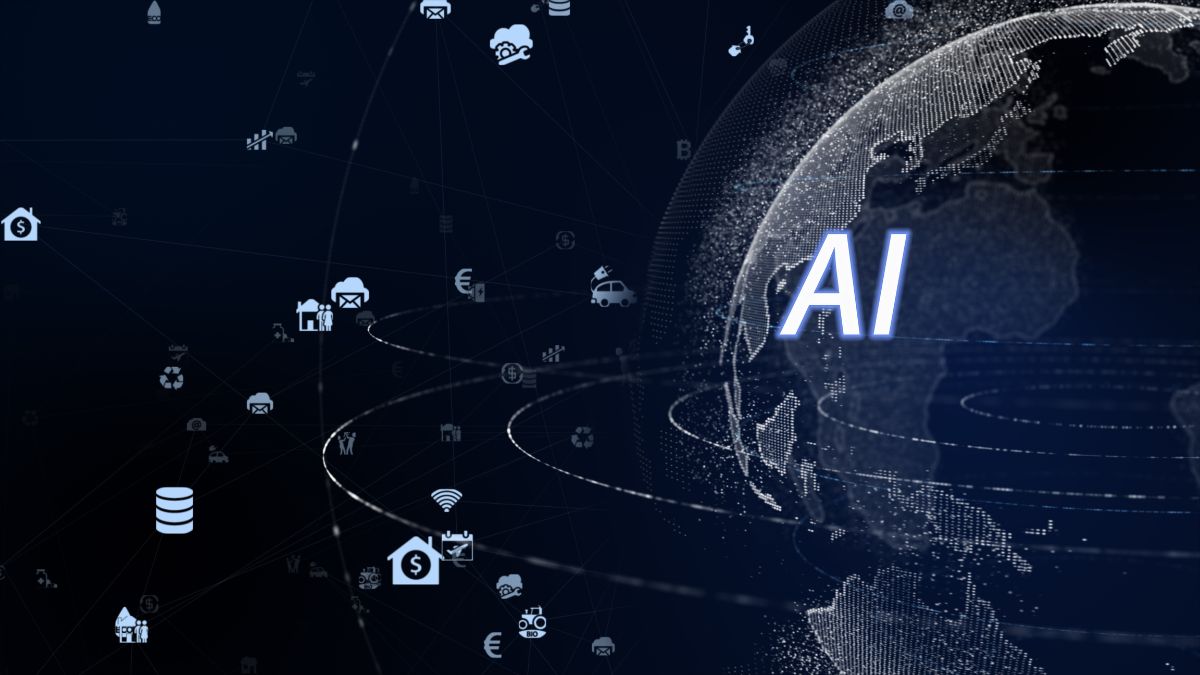
People always seek ways to make daily tasks easier. This applies to both work and personal life in our fast-paced digital world. Tools like Azurslot and other modern platforms use AI. This helps boost efficiency and improve the user experience. AI assistants are true game changers for productivity. They are transforming how people and businesses operate every day.
AI’s Ascent in Everyday Workflows
AI helpers are here. They’re part of almost every part of daily life now. They’re not just a sci-fi idea anymore. AI has moved from being a curiosity to a necessity. This change is clear in the growth of smartphones with voice assistants and smart office tools. These systems handle repetitive tasks, set schedules, and send reminders. They also offer personalized suggestions based on how users behave.
AI helpers’ capacity for learning and adaptation is what makes them so wonderful. They analyze user behavior and spot trends without constant human oversight. Then, they make recommendations for improvements. As a result, they are active contributors to increasing productivity rather than only passive tools.
Simplifying Interaction
The effect AI assistants have on communication is among its most obvious advantages. Virtual assistants can prioritize messages, shorten long emails, and write clear responses. This lowers the chances of missing key information. It also saves firms that manage many letters countless hours.
AI can help teams schedule meetings across time zones. It suggests the best times and summarizes past conversations. This reduces the administrative hassles that frequently impede teamwork.
Task Automation and Workflow Efficiency
When it comes to tedious, repetitive tasks, AI assistants excel. Data entry, invoice processing, and spreadsheet updating don’t have to take up hours of the day anymore. AI can handle tasks, so employees can focus on what needs strategy, creativity, or problem-solving.
AI tools provide an additional level of assistance in project management. They do more than simply monitor tasks; they also identify slowdowns, indicate potential problem areas for the team, and even issue delays. Instead of rushing at the last minute, teams may stay ahead of the game with this kind of planning. Results are more dependable and the process runs more smoothly as a result.

Boosting Personal Effectiveness
Most people scarcely give employing AI assistants a second thought because they have become so integrated into daily life. Voices like Siri, Alexa, or Google Assistant are instantly identifiable and may be used to make brief reminders, change the lights, make a shopping list, or even recommend what to make for supper.
It’s easier to stay organized when you have these handy little helpers. Multiple tasks can be completed with a single voice command, freeing up more time and reducing mental clutter. People can focus their energies on the things they truly enjoy rather than worrying about trivial matters.
AI and Making Decisions
The ability of AI assistants to enhance decision-making is yet another significant benefit. AI might offer insights that people would overlook by rapidly reviewing vast amounts of data. In the workplace, this can lead to better market forecasts, smarter financial planning, and more efficient use of resources.
For people, this might mean financial assistants that offer saving tips. It could also include health apps that recommend personalized exercise plans. AI helps us make better decisions based on facts. This is useful when guesswork or intuition isn’t enough.
Difficulties and Moral Aspects
Although there are many advantages to using AI helpers, there are drawbacks as well. Data security and privacy are important issues. The effectiveness of these tools relies heavily on personal data. So, it’s crucial to protect that data.
The danger of being overly dependent is another. Over-reliance on AI may impair critical thinking and problem-solving abilities. Long-term success still depends on finding a balance between AI support and human judgment.
Accessibility can also be a problem. Many AI assistants exist in consumer electronics. However, smaller companies or those with less money might struggle to afford advanced productivity tools. Ensuring broad advantages will require democratizing access to these instruments.
In conclusion, productivity is being completely transformed by AI assistants. They help you make better decisions in personal and work life. They also save time and reduce stress. The future is bright: AI assistants will play a bigger role in our daily tasks. However, we still face challenges like privacy, access, and balance.







